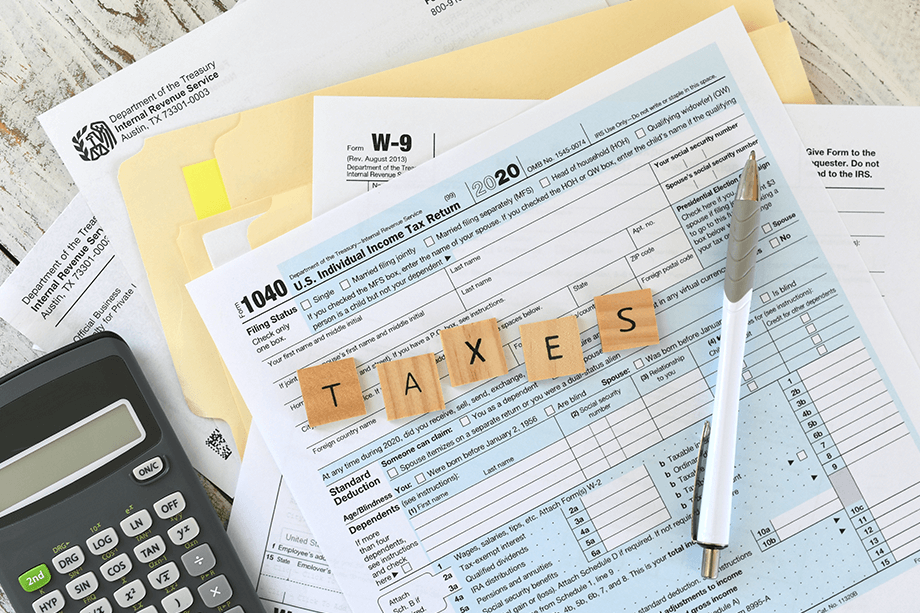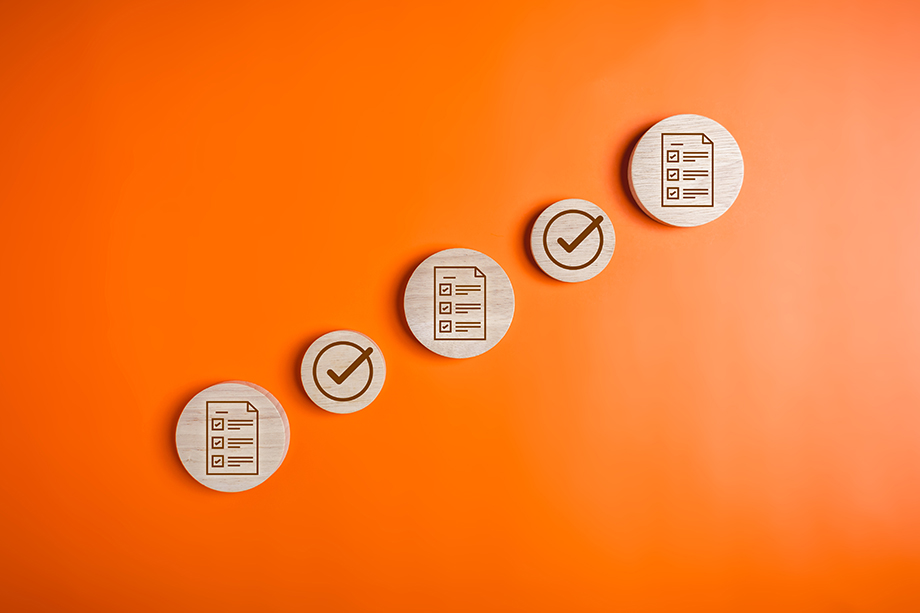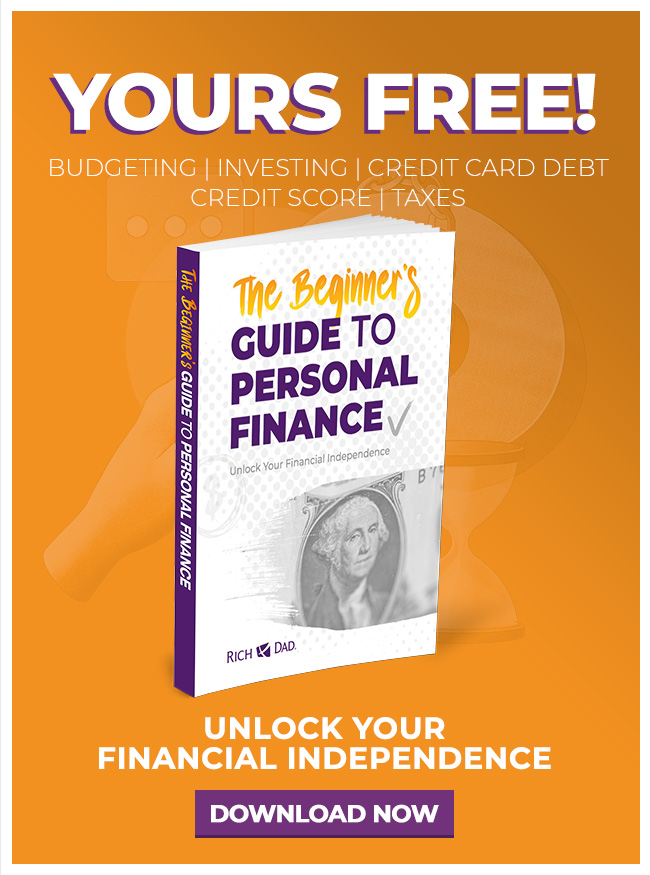With tax season around the corner, you may be asking yourself: “How do I find a good tax advisor?” This is one of the most important questions you can ever ask. A good tax advisor will not only help you reduce your taxes but will remove the fear of taxes as well.
But being passionate about reducing your taxes is only one of the traits to look for in a good tax advisor. Another is how the advisor looks at the tax law. Is the advisor afraid of the law or does he look at it as an opportunity? Most tax accountants are afraid of the law. They won’t even read it. Instead, they read an abbreviated version of the law, such as a simple tax guide. These accountants shy away from anything they don’t understand, and they don’t understand much.
The tax laws aren’t written in a straight line. The rules of one section of the law will impact the rules of another section of the law, and the connection isn’t always obvious. On top of this, there are many interpretations of the law that come from judges in court cases. It’s critical that your tax advisor looks at all of the law when figuring out how to best reduce your taxes. If he or she only looks at a single rule, he or she could easily miss out on four or five other rules that could save you money.
This is why choosing your tax advisor carefully is very important.
Assembling the right team
Robert Kiyosaki often talks about the importance of your team. His rich dad told him, “business and investing are team sports.” The reason why most people struggle financially today is because they go onto the financial playing field as individuals, not as a team. This couldn’t be more true when it comes to hiring the right tax advisor.
To be successful in life, you need to have experts that are on your side that you can turn to for advice. Robert says, “Key players for your team include an attorney, a CPA to help with accounting and taxes, an objective and well-vetted broker, various experts in your chosen investment and business areas, mentors, and coaches.”
Below are the most important traits you should look for when hiring a tax advisor for
Many advisors don’t actually want you to know the rules. They’re afraid that if you know the rules, you won’t need their advice. Obviously, this isn’t right. If you know the rules, you’ll be more successful at reducing your taxes. When you reduce your taxes, you’ll increase your cash flow.
When you increase your cash flow, you’ll increase your wealth. And when you increase your wealth, you’re likely to need your tax advisor even more than you do now. So it’s really in your advisor’s best interest to take the time to teach you the rules you need to know. It’s certainly in your best interest.
- Your tax advisor should care more about you than themselves
How can you know this? It’s simply a matter of whether he or she spends most of the time in your interview answering your questions and talking about himself or herself and his or her services, or whether he or she is more focused on what you need.If the tax advisor’s routine is for you to ask all the questions, they will (and can) only respond to your questions. They learn anything you don’t volunteer. If, instead, their routine is to ask you questions about your situation, you can be pretty sure that they’ll be looking out for you and what you really want.Not only that, but the tax you pay depends entirely on your facts and circumstances. Remember, any expense can be a deductible in the right situation. If your situation changes, then your tax will change. If your tax advisor is not asking you questions about your situation, how can he or she possibly know what the tax consequences will be to you? He or she certainly won’t be able to show you how to change your situation so that you receive better tax results.The reality is that you have all of the answers. Your advisor should have all of the questions. If you have to ask the questions, then you simply have the wrong advisor. - Find a tax advisor who will also prepare your taxes
Don’t use a tax preparer who isn’t your tax advisor. If you do, it can be a huge mistake. You could get great advice, and then the preparer might not know how to use this advice in preparing your tax return. You want to be sure that your preparer isn’t just accurate. He or she should also be working to reduce your taxes as he or she prepares your return, and he or she should be reducing your chances of being audited.Take the time to look for a good tax advisor who can also prepare your tax returns. - Find a tax advisor who will teach you the rules
Also, remember that only you can reduce your taxes. You have to learn enough about how the tax law applies to you so that you can use it to your benefit every minute of every day. Be sure to find a tax advisor who is willing and able to teach you the rules you need to know in order to reduce your taxes.
Below are some more characteristics of a good tax advisor:
- Fully educated about the tax law
- Passionate about reducing your taxes
- Embraces the law as an opportunity
- Focuses on permanent tax savings
- Uses creativity in applying the law in your favor
- Considers the entire law when reducing taxes, not just a single rule of law
6 questions entrepreneurs should ask tax advisors
While it’s better for the tax advisor to be asking questions about your specific situation, there are a few questions entrepreneurs should ask come tax season:
- Should I file an extension?
Any time tax laws change – if there is any uncertainty – filing for an extension is one of the best things you can do. There are new forms, elections and software to deal with; many things can change and it’s better to take your time and file them correctly. - Should I take a home office deduction?
After Covid, the work and entrepreneurial landscape changed. Many people who were once commuting to their offices found the same productivity in their home offices. So, the questions should be, first, “What would the tax consequences be if I took ‘home office’?” And, second, “How do I do that?” - As an owner, can I qualify for the 20 percent pass-through deduction?
This is a 20 percent deduction on your net business income, and can significantly impact a small business. If your company is an S Corp, Sole Proprietorship or Partnership, you also need to ask whether you are a specialized service-trader business (lawyer, accountant, consultant).If the answer is yes, there are income limitations for taking this deduction. - As an owner should I change from accrual to “Cash” accounting?
If, in the past, your business’s gross income was more than $10 million, you could not use the cash method of accounting. As of 2018, the ceiling has been raised from $10 million to $25 million. Ask your tax preparer if you should change to a cash method.Then, if you decide to make that change, know that there are elections to be made and forms to file. The cash method lets you pick up income only when it’s received, and take deductions only when they’re paid — versus the accrual basis of accounting, which recognizes income only when it’s earned and expenses only when they’re incurred. If the tax consequence of changing to a cash method is positive — which it is in most cases — ask your advisor, “What has to happen in order to do that?” - Not Your Dad’s CPA
“But if you are keeping track of your overall inventory balance, meaning the total cost of everything you have on hand, or making representations about it, then you’ll need to use the inventory accrual method, meaning that you’ll deduct your inventory when sold.” Nevertheless, the law can seem confusing — hence why you should ask the question! - As a real estate investor, do I take a lump sum bonus depreciation or spread it out?
This deduction can be significant. For example, a $100,000 investment in real estate in 2018 could produce as much as $150,000 of deduction. So, ask your tax preparer, “If I take the bonus depreciation, how will that affect my tax situation?”Next ask: “If that depreciation creates a loss for, let’s say, my real estate activity, how can I offset other income with the real estate loss?”Overall, entrepreneurs must recognize that taxes are their single biggest expense, necessitating that they take the time to learn the most important questions to ask at tax time. The right questions can make a huge difference for an entrepreneur’s business, family and community.
Hire the right tax advisor
Hiring the right tax advisor doesn’t just require knowing the right questions to ask, it means knowing what questions your tax advisor should be asking you. Remember, you are the only one who can reduce your taxes. You have to learn enough about how the tax law applies to you so that you can benefit every day. But ultimately, you’ll want to hire a tax advisor who is willing and able to teach you the rules you need to know in order to reduce your taxes.
Lastly, make sure your preparer isn’t just accurate but that they are working to reduce your chances of being audited.
Take the time to look for a good tax advisor to prepare your 2024 taxes. You can learn more about tax planning in Rich Dad Advisor, Tom Wheelwright’s book, Tax-Free Wealth.







